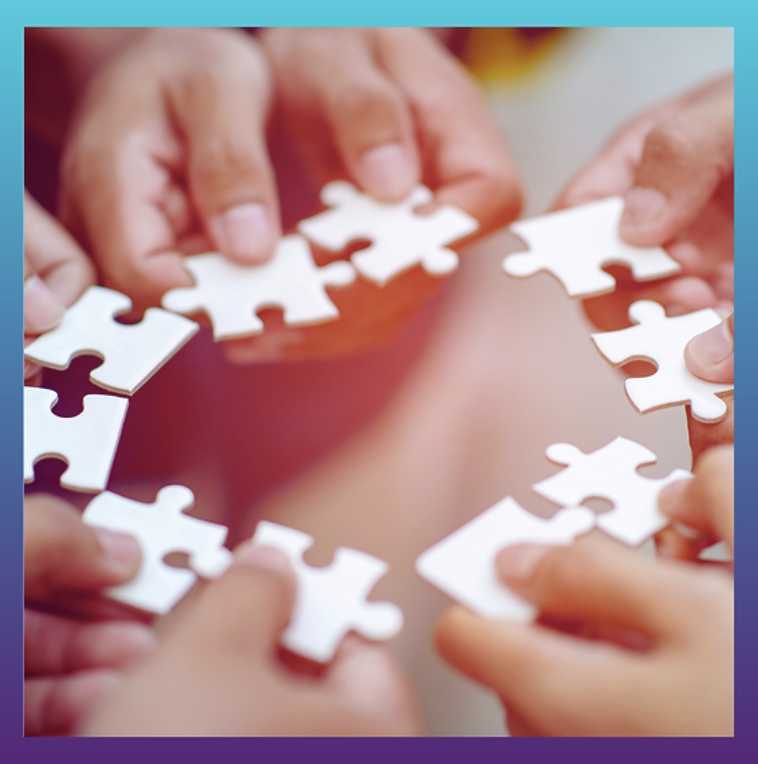Here are the principles regarding power:
-
Power is about altering the states of others.
-
Power is part of every relationship and interaction.
-
Power is found in everyday actions.
-
Power comes from empowering others in social networks.
-
Groups give power to those who advance the greater good.
-
Groups construct reputations that determine the capacity to influence.
-
Groups reward those who advance the greater good with status and esteem.
-
Groups punish those who undermine the greater good with gossip.
-
Enduring power comes from empathy.
-
Enduring power comes from giving.
-
Enduring power comes from expressing gratitude.
-
Enduring power comes from telling stories that unite.
-
Power leads to empathy deficits and diminished moral sentiments.
-
Power leads to self-serving impulsivity.
-
Power leads to incivility and disrespect.
-
Power leads to narratives of exceptionalism.
-
Powerlessness involves facing environments of continual threat.
-
Stress defines the experience of powerlessness.
-
Powerlessness undermines the ability to contribute to society.
-
Powerlessness causes poor health.
At its core, power is the ability to make a difference in the world.
This is a basic human aspiration and need, right up there with the need to be seen and appreciated or the need to eat and drink. Because of our vast differences as humans, we are each uniquely suited to promote the greater good in our own way, ways that are different from everyone else, like pieces of the puzzle.
So, how do we go about pursuing this aspiration?
Be Aware of Your Feelings of Power
"The feeling of power is like a vital force moving through your body, involving the acute sense of purpose that results when we stir others to effective action. The feeling of power will guide you to feel the thrill of making a difference in the world. If you remain aware of this feeling and its context, you will not be entrapped by myths that power is money or fame or social class or a fancy title. Nor will you be held back by the misguided notion that if you are not well endowed in these ways, you cannot make a difference in the world."
Practice Humility
"Power is a gift. To influence others is a privilege. To have power is humbling. People who enact their power with humility enjoy more enduring power. Don't be impressed by your own work -- stay critical of it. Accept and encourage the skepticism and the push back of others with an open mind, and encourage it. Remember that others have enabled you to make a difference in the world. There is always more work to do."
Stay focused on Others, and Give
"The most direct path to enduring power is through generosity. Give resources, money, time, respect, and power to others. In these acts of giving we empower others in our social networks, enhancing our own ability to make a difference in the world. The more we empower others, the more the greater good is increased."
Practice Respect
"By directing respect to others, we dignify them. We elevate their standing. We empower them. Practicing respect requires work. There is no reward people value more than being esteemed and respected. Ask questions. Listen with intent. Be curious about others. Acknowledge them. Compliment and praise with gusto. Express gratitude."
Change the Psychological Context of Powerlessness
"Call into question elements of society that devalue people. And seek change. Create opportunities within your community and workplace that empower those who have suffered disempowerment due to the moral mistakes of the past. This may not feel like the game-changing social revolutions of earlier times, but they are quiet revolutions just the same, and they are very much needed today."
This week, reflect on your experience with power -- at home, at work, in your community.





